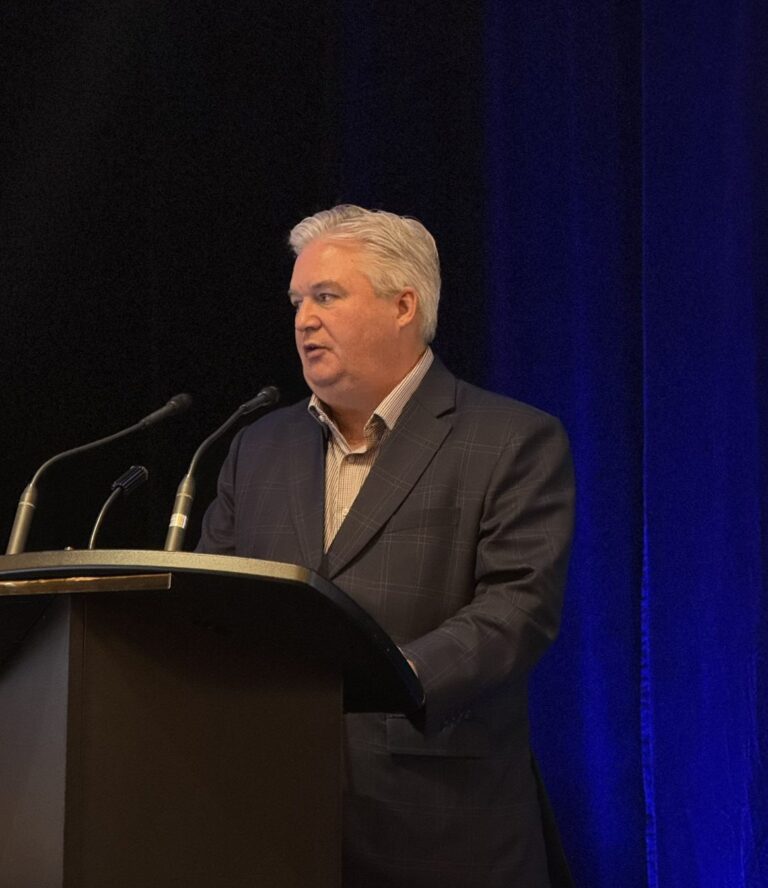
Salim Yusuf
The Killam Prizes are among the most distinguished research awards in Canada, and PHRI Executive Director Salim Yusuf is being recognized with the 2022 Killam Prize for Health Sciences.
“Best known for programs such as INTERHEART, INTERSTROKE and PURE, Salim Yusuf’s work has substantially influenced the prevention and treatment of cardiovascular disease for millions of patients around the globe through the improvement of the medical community’s knowledge about the biological, behavioural and societal causes of heart disease and stroke,” notes the Canada Council that bestows the yearly Killam Prizes.
“It is an honour to be recognized by such a long-running, distinguished award,” says Salim Yusuf, who has also, in past years, been inducted into the Canadian Medical Hall of Fame, the Canadian Academy of Health Sciences, and other national honours, as well as international recognition including most recently the 2021 World Heart Federation Lifetime Achievement Award.
Third McMaster scholar in 41 years of Killam
Salim Yusuf is only the third McMaster University scholar to win the yearly Killam Prize in its 41-year history. The last time, in 1987, two recipients were from McMaster, one being a founding member of McMaster’s Faculty of Medicine, Fraser Mustard, for the Killam Prize – Health Sciences. (See all Killam Prize recipients yearly back to 1981 – PDF).
Each Killam Prize winner receives $100,000 from a fund established in 1981 by Dorothy Killam in memory of her husband, Izaak Walton Killam, an eminent Canadian financier with an estimated $83 million estate when he died in 1955. Today the Killam Trusts are worth $500 million; the research awards’ portion is $70 million.
This spring, administration of the Killam Program will be transferred to the National Research Council Canada (NRC) from the Canada Council for the Arts. The NRC is leading efforts to redesign the Killam Research Fellowships to re-launch this spring.
Editor’s Note: For a comprehensive listing of awards and prizes given to Salim Yusuf and other researchers at PHRI, dating back to 1998, visit Recognitions.



